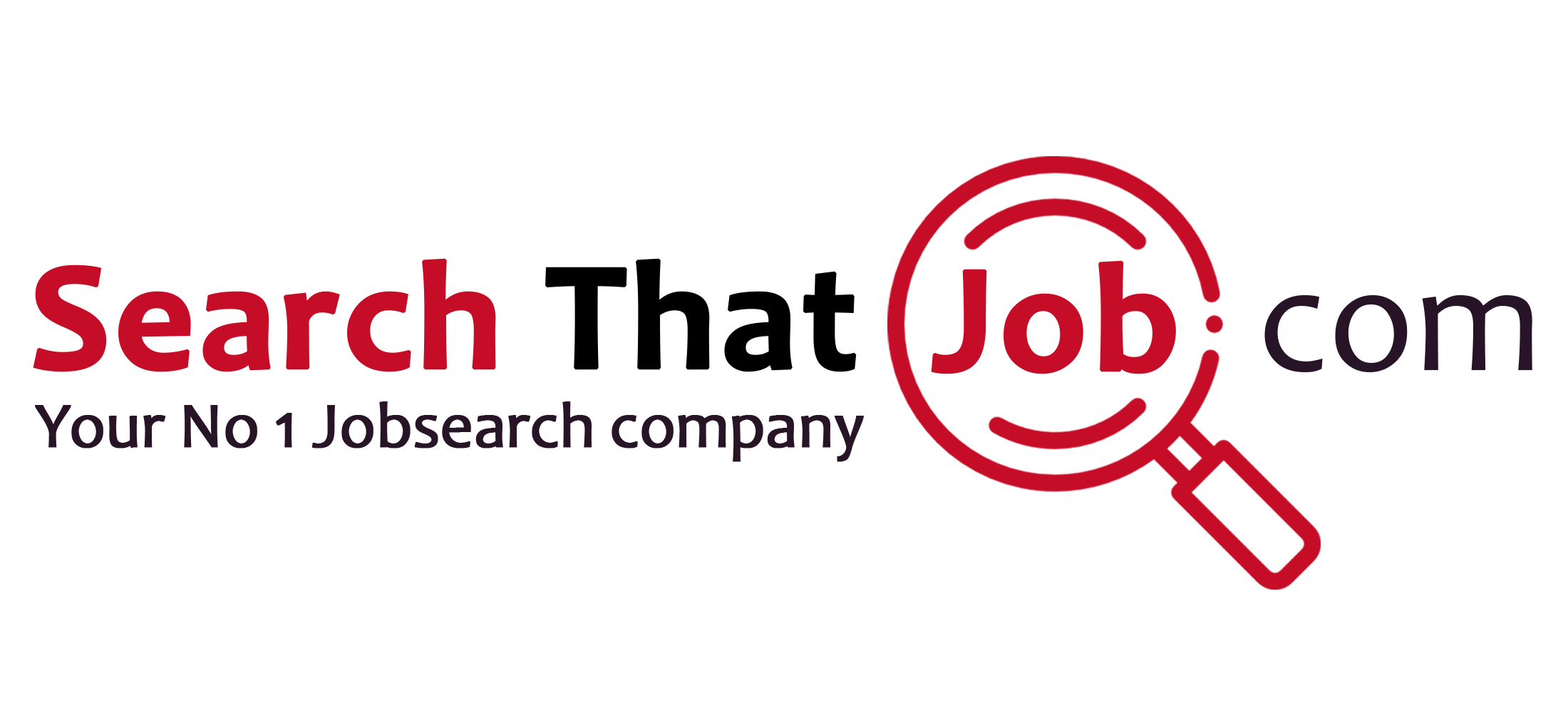How to find a job with your skill
The question of how to find a job with your skill is a market for job seekers. That is right, you’re the driver’s seat and have your pick of a huge number of open occupations. To find the ideal occupation, you must focus on your skills. Notwithstanding having the correct skills for the employments of today (and tomorrow), you should have the option to introduce those skills unmistakably and unhesitatingly in your resume. All things considered, a recruiter has to realize what tools you have in your tool compartment so as to appropriately assess whether you’re a fit for the job.
“Wait, what are my skills?”
In case you’re posing this question to yourself, question, you are not the only one. Regardless of whether you are a seasoned expert, it very well may be hard to list your skills and coordinate them with a set of job description. That is the reason we’re here to help and we trust that you will appreciate a help.
The vast majority start their pursuit of employment via looking for work titles, however with such a large number of new kinds of occupations springing up each day, you may pass up an extraordinary opportunity by constraining yourself to a specific title. Rather, recognize your skills and what duties you need and search utilizing those keywords.
What Skills You Bring to the Table
On how to find a job with your skill, you have to identify your optimal job, consider your present obligations at work. Ask yourself, “What are the things that I’m going to be doing that will assist me with accomplishing my core responsibilities at work?” These are your job usefulness skills and can be things like writing, analysis, problem-solving, seller set-up, or reporting.
Next, think about your specialized skills by asking yourself, “What tools do I know how to utilize that will assist me with carrying out my responsibility surprisingly better?” These specialized skills or tools can incorporate Python, Adobe Suite, SQL, Excel, R, or Access. It’s critical to comprehend what your specialized skills are and align those with the expected set of job description. Generally, these are non-negotiables in the pursuit of employment process. If necessary, consider taking extra coursework if you notice that your skills don’t line up with the prerequisites laid out in job descriptions.
Last, yet not least, think about what you bring to the table in the space of delicate skills. From the ability to tune in, verbal correspondence, critical thinking, and initiative to peace promotion, delegation, and joint effort, these are all popular delicate abilities. To build up this rundown for yourself, ask yourself, “What are close to home characteristics that assist you with carrying out your responsibility far and away superior?”
Since you have your skills outlined, it’s an ideal opportunity to make sense of what you need to do with those skills in your next job.
What Responsibilities You Want
One of the most critical parts of a set of job description is the bit which outlines the job obligations. Brief and reader-friendly, this area gives candidates the particular obligations of the job, and criteria that they will be assessed against. It likewise gives you understanding into the everyday obligations.
“What are the things from my past jobs that I would be glad to continue doing or need to accomplish a greater amount of?” This is simply the main inquiry to pose at yourself as you think about how to apply your skills to your workday. Consider the day by day duties that energize you and propels you to come to work and work superbly.
Next, think about how you’d prefer to stretch yourself in your next job. Think about to the new skills, tools, processes and functions that you might want to learn in your next job. These are the development openings that ought to be viewed as a major aspect of your everyday duties. As you search for the ideal employment, ask yourself, “What are things that I haven’t done previously, yet might want to begin doing or develop into?” This inquiry is especially essential to pose to yourself as you consider your general profession and which you eventually need to go for. If you have your eye on the C-suite, ensure that you’re clear about the sorts of stretch assignments and challenging ventures you need to take on.
You know, think about those tasks and activities that you didn’t enjoy in your last job that you’d absolutely like to steer clear of in your dream gig. Need some help? Ask yourself, “What are the tasks that I would prefer never to do again or do less of in my next job?”
At last, make a rundown of the obligations you’d prefer to maintain a strategic distance from in your next job. You know, consider those assignments and exercises that you didn’t appreciate in your last occupation that you’d completely prefer to avoid in your fantasy gig. Need some assistance? Ask yourself, “What are the errands that I would never do again or do less of in my next job?”
While you will most likely be unable to keep away from these duties, by listing them out, you can be aware of them. At the point when you’re in an interview and the hiring manager requires 3 of the 4 obligations you’d prefer to maintain a strategic distance from, you’ll realize this may not be the job for you.
Every one of these inquiries will assist you with assessing your skills and by asking yourself these testing inquiries, you will have the option to make a depiction of your optimal job.
